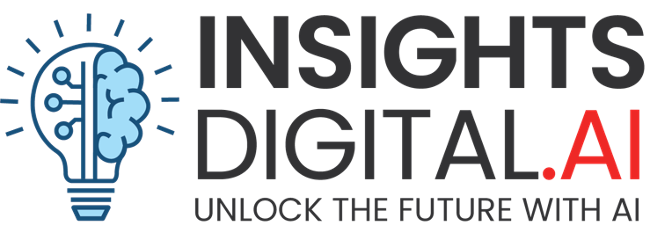1. Enhanced Risk Stratification:
- Identify High-Risk Individuals: AI algorithms can analyze vast datasets (EHRs, genomics, lifestyle factors) to identify patients at high risk of developing specific diseases (e.g., heart disease, diabetes) or experiencing adverse events (e.g., hospital readmission, complications).
- Proactive Interventions: Early identification allows for timely interventions, such as lifestyle modifications, preventative screenings, or more intensive monitoring, potentially preventing serious health issues.
2. Personalized Treatment Plans:
- Tailored Approaches: AI can predict individual patient responses to different treatments based on their unique characteristics and medical history.
- Optimized Treatment Selection: This can lead to the selection of the most effective treatment options with the lowest risk of side effects, improving treatment outcomes and patient satisfaction.
3. Improved Disease Progression Monitoring:
- Real-time Tracking: AI can analyze real-time data streams (wearables, remote monitoring devices) to track disease progression and identify early signs of deterioration.
- Early Detection of Complications: This allows for prompt adjustments to treatment plans, potentially preventing serious complications and improving patient outcomes.
4. Resource Allocation and Management:
- Predictive Modeling: AI can predict resource needs (e.g., hospital beds, staff) based on anticipated patient volumes and potential health crises.
- Efficient Resource Allocation: This can optimize resource utilization, reduce healthcare costs, and improve overall system efficiency.
5. Drug Discovery and Development:
- Accelerated Development: AI can analyze vast amounts of data to identify promising drug candidates, predict their efficacy and safety, and optimize clinical trial design.
- Personalized Medicine: This can contribute to the development of personalized therapies tailored to individual patient needs.
Important Considerations:
- Data Quality: The accuracy and completeness of the data are critical for the effectiveness of AI-powered prediction models.
- Bias and Fairness: AI models can inherit biases present in the training data, leading to unfair or inaccurate predictions for certain patient populations.
- Explainability and Transparency: Developing AI models that are explainable is crucial to build trust and ensure clinician adoption.
- Ethical Considerations: Data privacy, security, and algorithmic bias must be carefully addressed.
- Human-in-the-Loop: AI should be seen as a tool to assist clinicians, not replace them. Human expertise and judgment remain essential.
By addressing these challenges and leveraging the power of AI, patient outcome prediction can revolutionize healthcare by enabling more proactive, personalized, and effective care.
At InsightsDigital.ai, we empower enterprises to harness the transformative potential of artificial intelligence (AI) through strategic advisory services that align technology with business goals. Our AI Advisory Services focus on delivering tailored solutions for B2B organizations, bridging the gap between AI innovation and measurable business outcomes.









